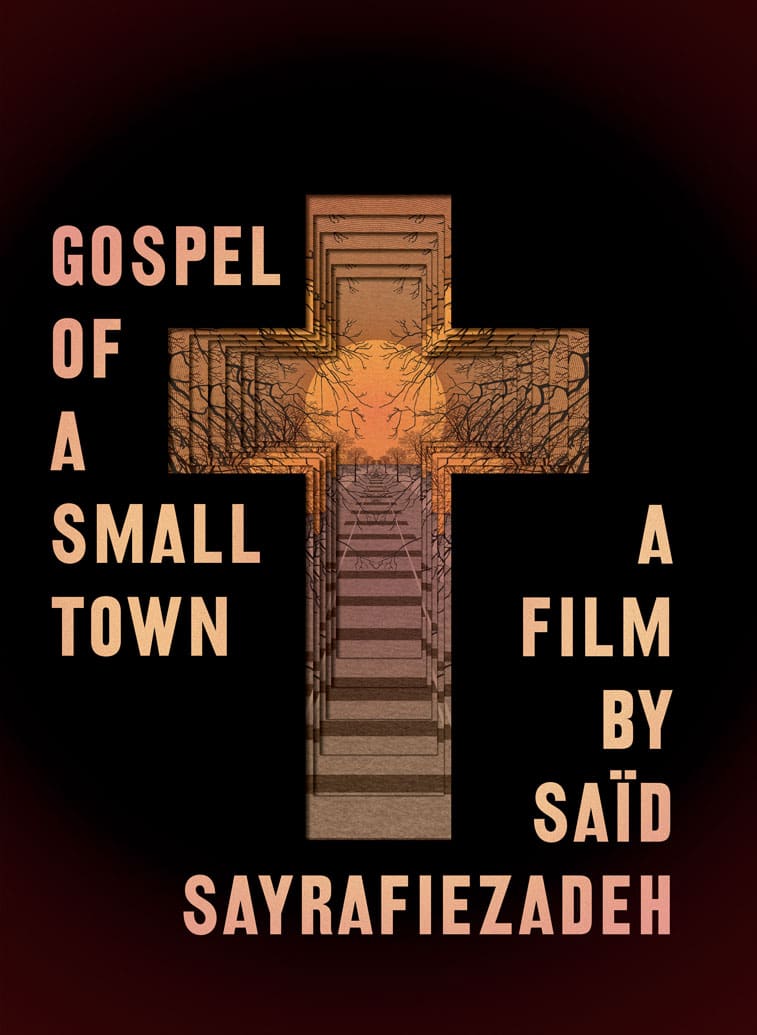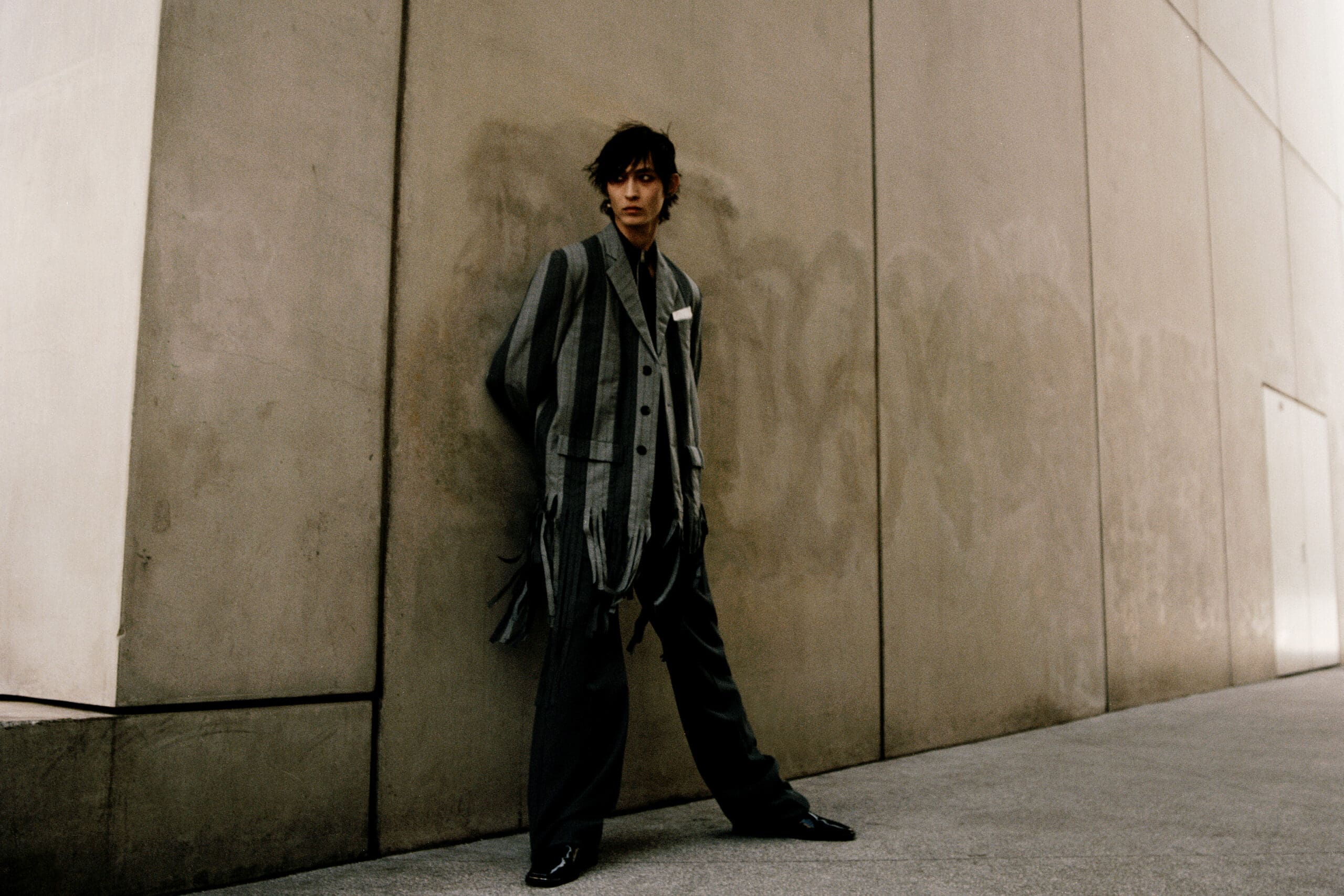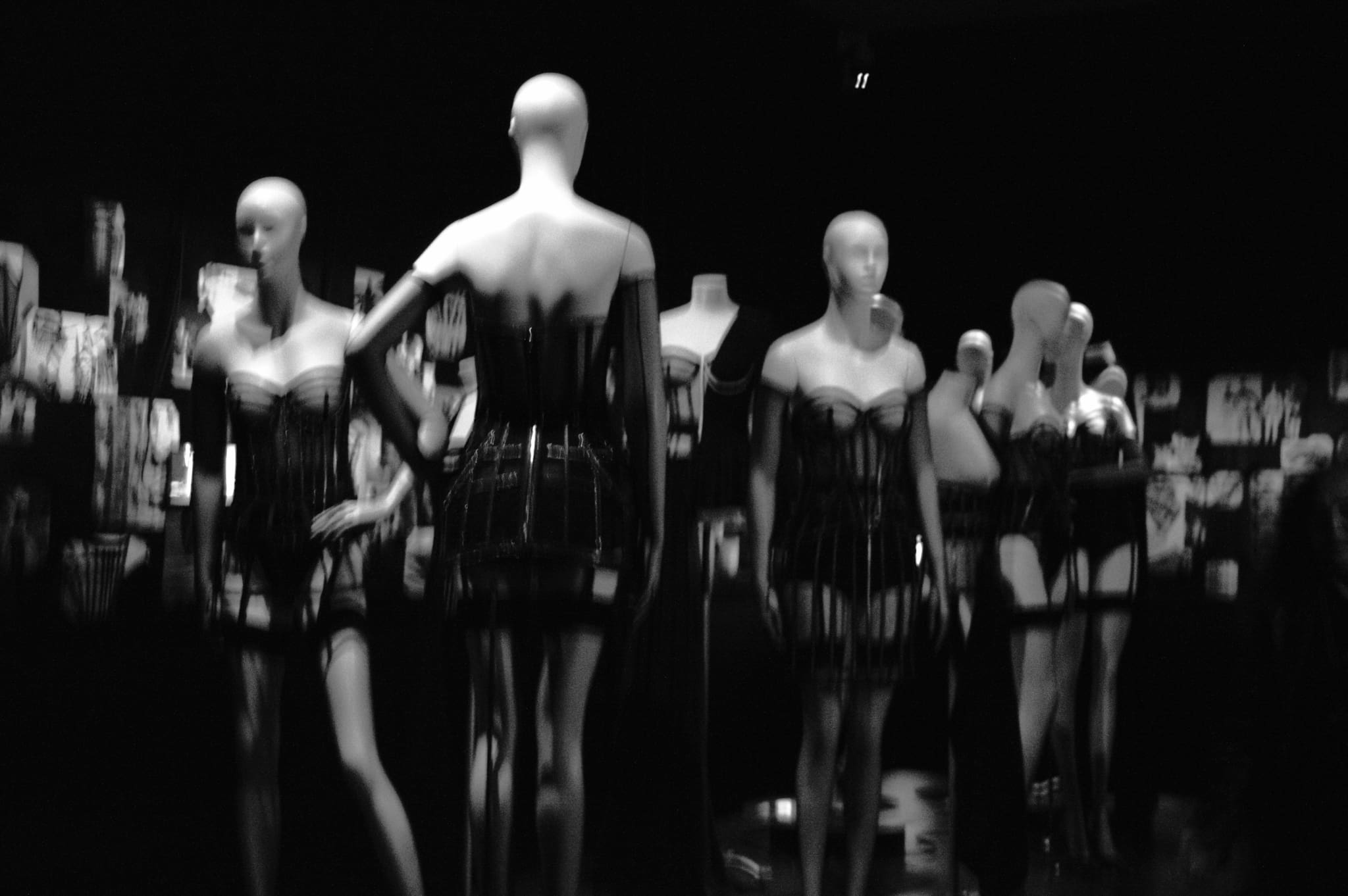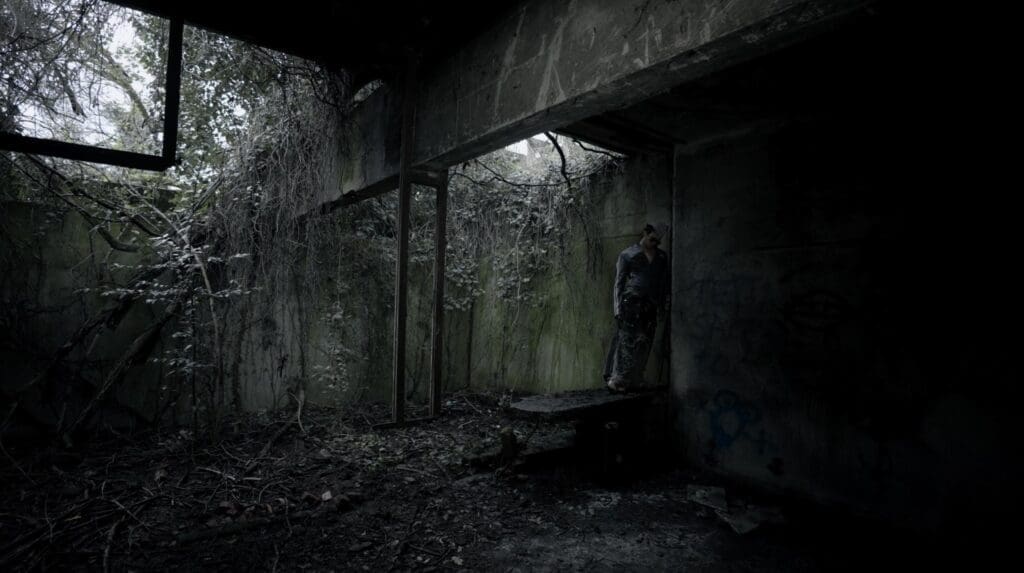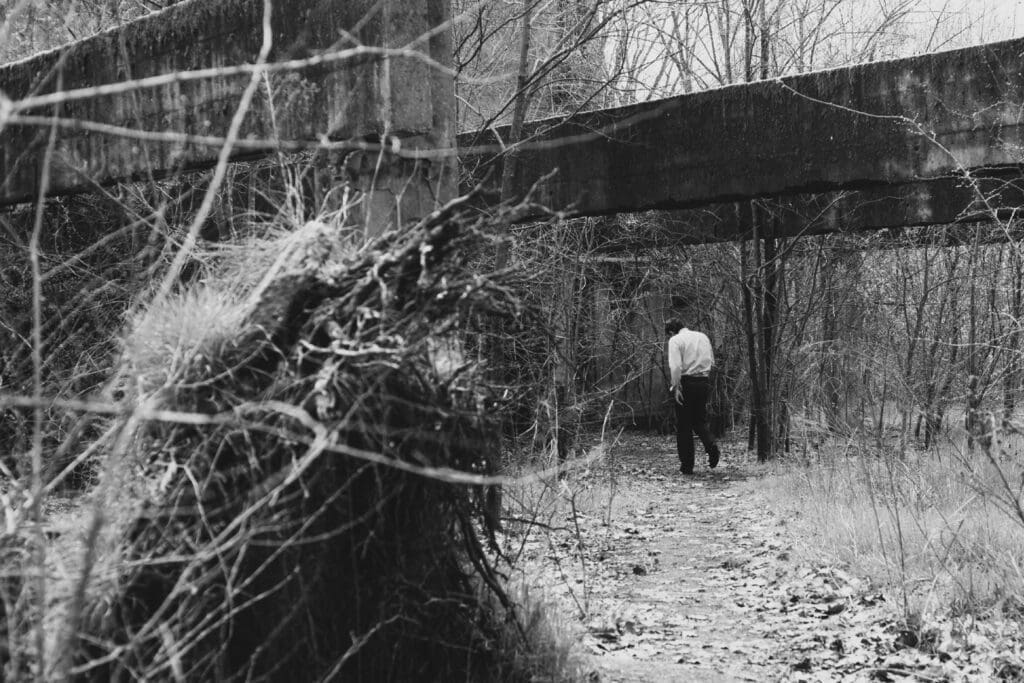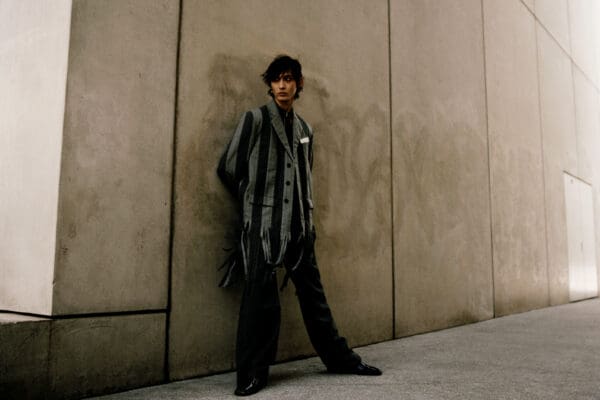by Saïd Sayrafiezadeh
illustrator Michael Salu
Issue VI
Johnny Businelli has no idea what he’s going to do with his life. He lives in an unnamed small town somewhere in the middle of America where all the factories have closed. Johnny is eighteen and doesn’t have any skills except for an uncanny ability to recite the Gospel According to John from memory. Because of this he is sometimes paid to attend religious gatherings to wow the congregation. He had hoped to get a baseball scholarship, but he tore his knee in the final game of the season and now walks with a limp. All of his friends are joining the military, but because of his physical defect he’s unable to. So he lands a job at Wal-Mart stocking shelves. He makes eight dollars an hour. There’s a cashier who works there whom he likes. They hangout together in the break room talking about their dreams and aspirations. Her name is Penelope and she’s gotten a scholarship to attend Harvard in the fall to study math. One night after work they go walking along the railroad tracks. She points out the various stars, and explains to him how the light they’re seeing is from a million years ago. They hold hands and kiss. She’s wearing a skirt and he puts his hand underneath. Suddenly, they are surprised by a masked man holding a knife. Johnny and Penelope try to run, but Johnny can’t escape because of his limp. He falls to the ground and watches as Penelope disappears into the woods with the man chasing after her. At Wal-Mart the next day, the police come to arrest him. They tell him that Penelope’s body was discovered floating in the river and he’s the number one suspect. He proclaims his innocence but no one believes him because his fingerprints have been found on Penelope’s underwear. Penelope’s parents want him executed. So does everyone in the small town. The fact that he can recite the Gospel According to John is used as evidence that he’s borderline insane. His court-appointed lawyer is incompetent: during the trial, he briefly falls asleep. Even so, the judge refuses to declare a mistrial. The jury finds him guilty and sentences him to life without parole. He’s taken to the penitentiary.
Five years pass until next we see him. He is now a prison preacher and gives impassioned sermons every Sunday to about five hundred convicts in the prison chapel. He preaches often about forgiveness and redemption. One Sunday after service a prisoner comes to speak to him. Tears are streaming down the man’s face. He says his name is Teddy and that he is serving a three year sentence for robbing the McDonald’s where he worked. They become friends. On Teddy’s release date, he admits to Johnny that he was the man who murdered Penelope. Johnny is shocked but forgives him for it. He says that all three of them—Penelope, Johnny, Teddy—must accept their fate. In the outside world, Teddy gets his job back at McDonald’s, but he is plagued with guilt. One day after a grueling shift, he goes to the police and confesses, but the police say that if Johnny doesn’t care about being free, they don’t care about freeing him. So Teddy goes to the prosecutor, but the prosecutor won’t see him. He begins a political campaign to free Johnny. Everyday after his shift he stands in front of the penitentiary with a sign that says, “Johnny’s innocent. I’m guilty.” After a while, a few people join. Then it grows to hundreds. Finally, it’s a thousand people.
But the truth is that Johnny is happy in prison, he is happy to have his routine, and his three meals a day, and his sermons on Sunday. He stays up late talking and laughing with the inmates in the neighboring cells. They talk about philosophy and religion and life in general. The guards join in, too. He rises early and exercises in the yard. He becomes good at chess. His incompetent lawyer visits him and asks if he wants to appeal his case. He says no. Then the judge asks. Then the governor. They’re all embarrassed by the travesty of justice. It makes them look bad. Finally, Johnny relents. High-powered lawyers are brought in from the big city. The trial is televised nationally. They ask him to stand in the courtroom and recite the Gospel According to John. Now it’s seen as evidence of how pious he is. The jury declares him innocent. He walks out of the court room to cheering crowds. He is given a plaque that says how sorry the state is for what’s happened to him. Teddy is handcuffed and taken away. Johnny is given his job back at Wal-Mart. Five years pass. Johnny is nearing forty, feverishly stocking shelves. The Wal-Mart manager yelling at him to go faster. Meanwhile, Teddy is also nearing forty, but he is lying contentedly in his bunk, his arms behind his head, staring peacefully at the ceiling. Outside his window it is nighttime and we can see the stars shining in the sky.


